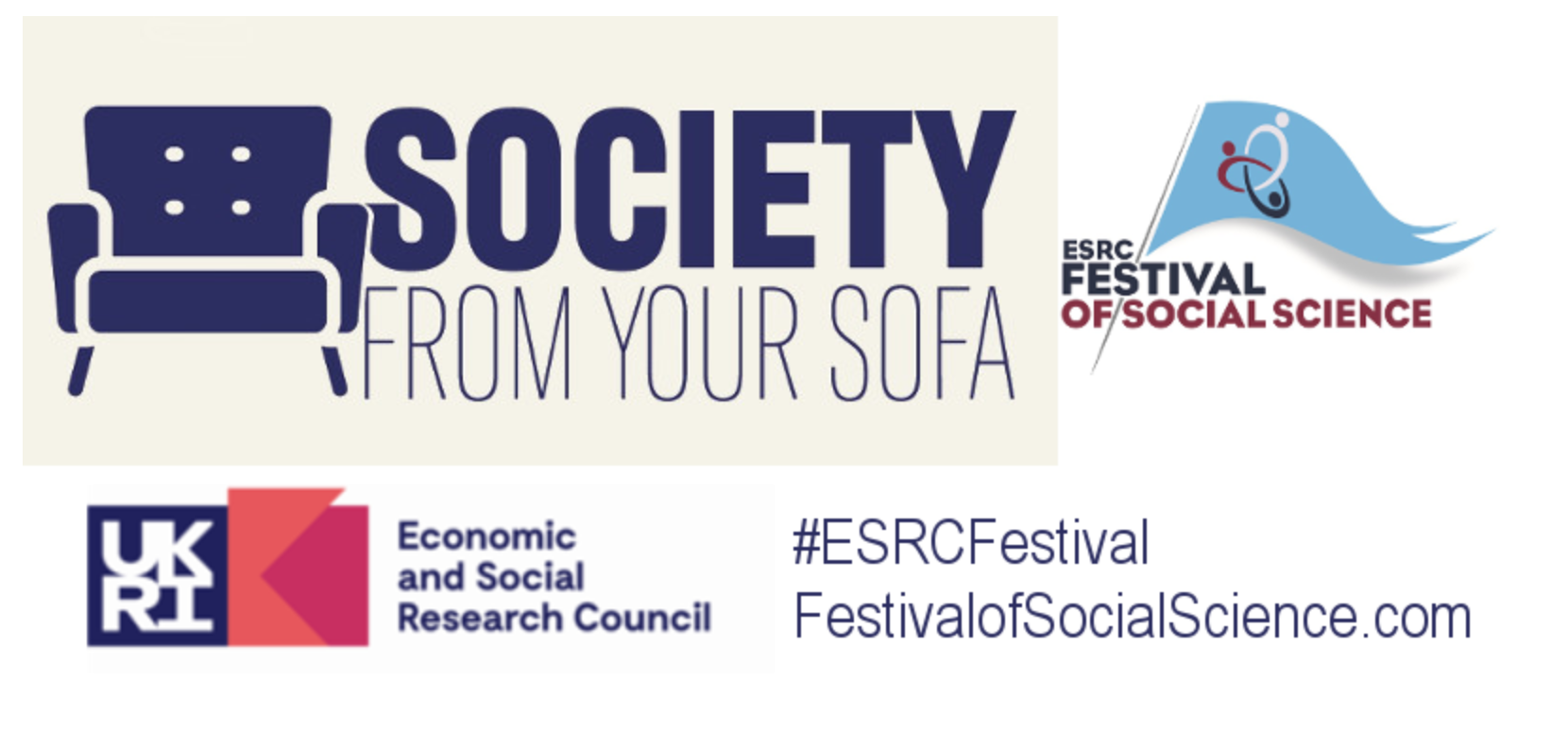Disquieted Life Workshop
Online launch of the podcast: Saturday 7th November 2020
Online workshop (by invitation only): Thursday 12th November 2020
Disquieted LifeLink opens in a new windowLink opens in a new window is project exploring ideas about philosophy and mental health, funded by the British Academy and Philosophy of Education Society of Great Britain.
The Disquieted Life PodcastLink opens in a new windowLink opens in a new window will be freely available online at the start of the festival. Episodes feature conversations on mental health with leading thinkers from the worlds of philosophy, literature and the arts. Later in the week, a workshop will engage with young people, who will be invited to share their views and questions on the themes raised in the podcasts. Their reflections will be posted to the podcast webpage at the end of the week.
In the workshop: Emma Williams (UoW) and Alison Brady (UCL) invite young people ages 16-18 to explore how philosophical podcasts can be used to support mental health awareness.
Workshop attendees (and non-attendees) can listenLink opens in a new windowLink opens in a new window to the podcast mini-series from Saturday 7th November.
Student reflections from the workshop:
- ‘Mental health requires more personalised services for as opposed to physical health issues.’
- ‘I feel like this workshop has made me look at mental health from a different perspective and I agree more with the philosophical aspect of mental health after looking more into it.’
- ‘If someone broke their foot it would make sense to put a cast on to fix it but in terms of mental health you cannot put a plaster on a heart.'
- ‘This has helped gain a clearer perspective on the different approaches to mental health in terms of psychology and philosophy, which are arguably opposing ideas.’
- ‘Mental health is limitless compared to physical health issues.’
- ‘The first podcast mentioned how depression and anxiety shouldn’t really be considered a mental illness, which developed my perspective on mental health.’
- ‘How can you find words that help you see how you think about yourself- not just formulated responses? And stop living in the shadows of other people?’

